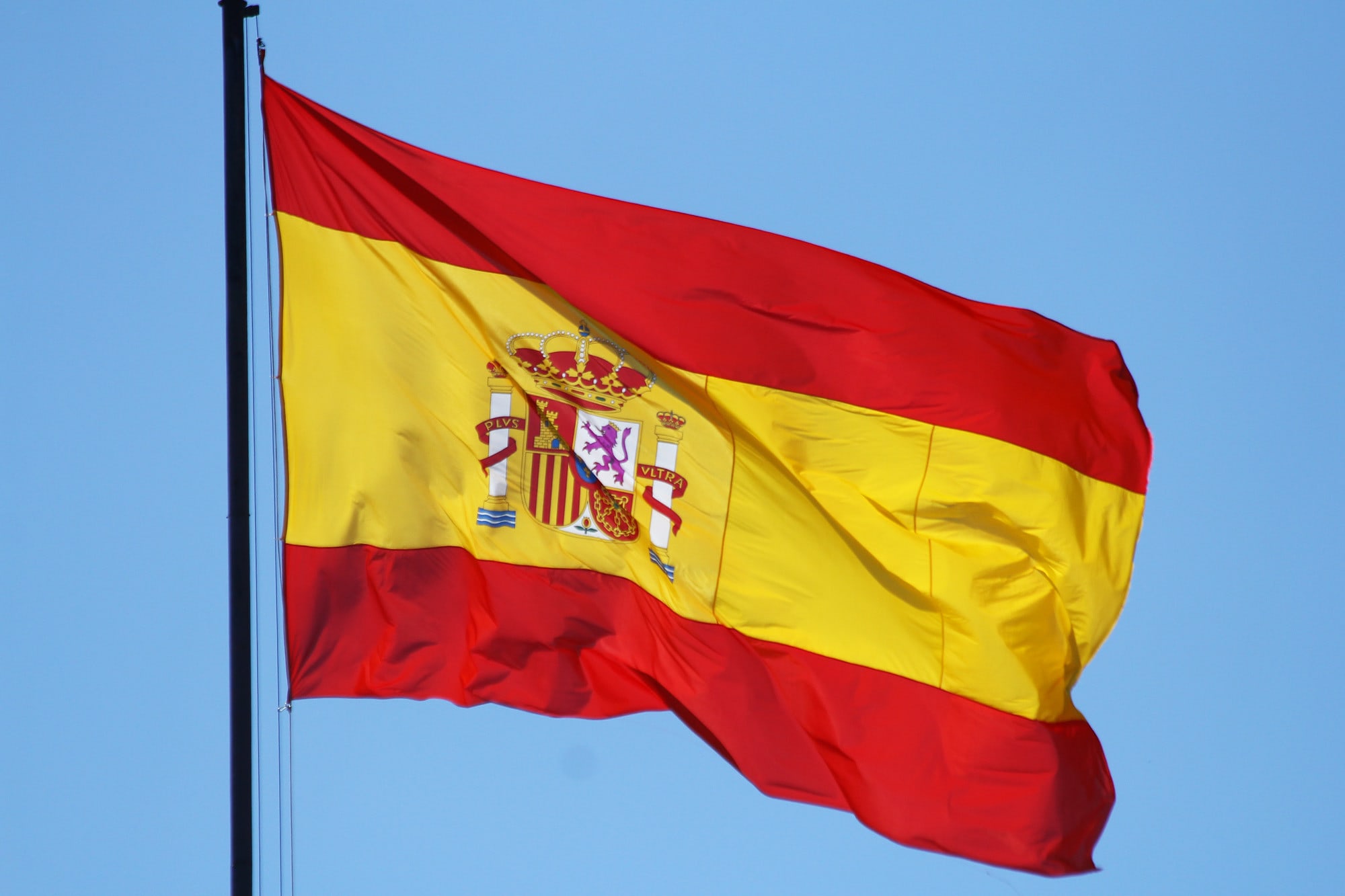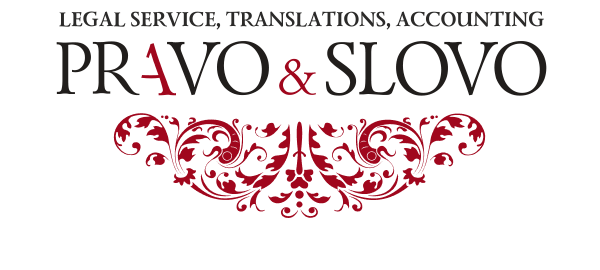Sworn Translator (Traductor Jurado) of Spain
Translation for Spain: to certify at the Consulate or have it translated by a sworn translator?
- for Spanish institutions, including Spanish banks;
- for formalizing permanent residence cards;
- for student visas in Spain.
Document certification consists of having an Apostille stamped on the document, as far as Russia and Spain have signed the Hague Convention of October 5, 1961. Exemptions are given for documents issued by documents issued by a Civil Registration Office (statements and certificates), since there is an agreement in effect between Russia and Spain that annuls the requirement to have to have those types of documents in particular certified.
Click here to view the full list of agreements between Russia and Spain.
Also keep in mind that an Apostille cannot be stamped on medical records or bank statements. In that case, all you need is a translation and certification of the document.
And now we've reached the crux of the article: translation and certification. There are two options for having those procedures performed:
- Having a translation performed from Russian into Spanish and the accuracy of the translation certified at the Spanish Consulate in Moscow.
- Having a translation performed from Russian into Spanish by a sworn translator of Spain (traductor jurado) with their personal stamp and signature included on it.
Both options are interchangeable and official institutions of Spain will accept documents formalized via either method. But there are some nuances we will tell you about below.
The Spanish consulate imposes requirements not only on translations themselves from the perspective of completeness and accuracy, but also their formalization (the layout of the text on the page, side margins, fonts, etc.). Requirements on translation formalization are quite specific and they're impossible to observe unless you work with the consulate on a constant basis. It’s a very important issue, since if your documents aren't formalized according to the consulate's rules, they won't accept them for certification. You’ll have to make the changes and resubmit your documents all over again.
In the case of a sworn translator, you won't have to go anywhere to submit your documents. We perform translations in the form of a scan and send already certified translations of their documents right back to our clients’ email addresses, also in the form of a scan. All you’ll have to do is print them out and provide your documents wherever they're intended or e-mail them if such a form of submission is allowed. The translation will contain the personal seal and signature of the translator. The seal features an individual number. Thus, you can check that number on the official website of the Ministry of Internal Affairs of Spain to see whether it is listed among those of the translators accredited by the Ministry.
Certification by a Sworn Translator: why it's better
In summary, with translation and certification by a sworn translator, you win on all parameters compared to translation and subsequent certification at the Spanish Consulate! You don't have to go anywhere and the cost and wait period are less! This is especially relevant for those who aren't in Moscow or even are outside the borders of Russia.
Some people may object: “But that’s just scans though. We need to have a “real” document with a blue seal and a signature”. To that we can respond that there is really no need for such a document. Nevertheless, upon your request, we are willing to send the translation with the original seal and signature of the sworn translator to any address at the recipient’s request.
As a whole, documents performed by sworn translators are even more readily accepted in Spain. People are less accustomed to translations certified by the Consulate since a sworn translator comes across as more “the custom” since that’s what officials encounter more often.

Prices and Timelines
| Service Title | Cost, RUB | Timetable |
|---|---|---|
| Consulate of Spain |


